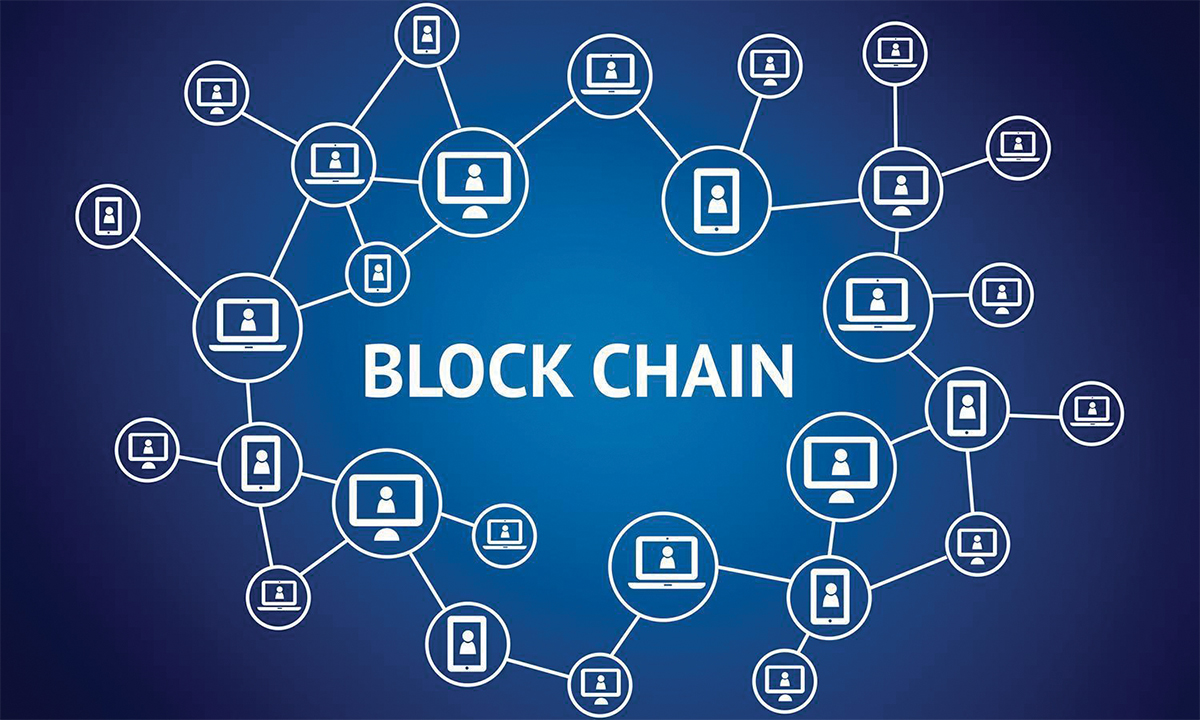
Table of Contents
What Is Blockchain?
Blockchain is a technical solution for managing data in a distributed infrastructure without a central authority in a comprehensible and tamper-proof way by consensus. Since there is no central authority in the crypto market, with blockchain it is possible to verify transactions with trust.
The name blockchain is derived from the way the data is documented: Blocks of data records are lined up and linked to form a constantly growing blockchain. In a consensus process, all nodes in the network agree on a uniform status of the blockchain. Cryptographic mechanisms ensure, among other things, that data that has been entered into the blockchain can practically no longer be changed.
The foremost goals of blockchain technology in cryptocurrency are given below:
- Virtually immutable data
- Transparent and traceable transactions
- No centralized data storage
- No middlemen
What Are Cryptocurrencies?
A cryptocurrency is digital money that is paid by the means of a blockchain system. The transactions are done through a computer to another computer using unique code. These transactions are documented by means of a cryptographically signed transaction in the blockchain.
The verification of these transactions (signature check) is carried out by the computers in the network. Only those who have a suitable secret signature key can set up a valid transaction and thus dispose of the credit balance behind it. You store your keys in a digital wallet.
The recipients of these transactions have a special kind of abstract address which is like an account number. These transactions are being booked and at the same time monitored by the miners. With huge computing power, the miners buy the right to form new blocks and extend the blockchain. The miners with successful efforts earn currency units.
Cryptocurrencies such as Bitcoins, Ethereum or doge coin are still the exception for online payments. Accordingly, there are only a few online portals and shops that accept cryptocurrencies as payment methods. And even offline, shops, restaurants or museums have rarely offered cryptocurrencies as an alternative means of payment. The payment process is usually processed via QR codes using a digital purse (a wallet that is available on the smartphone ). To minimize security risks, the following measures are useful:
- Create several backup copies of your wallet in case your PC or smartphone is stolen or has a technical defect. These backups should be kept safe and provided with cryptographic access protection
- As with cash, you should not keep large sums of money in your wallet on a PC or smartphone; only small amounts for daily use make sense
- The encryption of the wallet and the backup copies created is particularly important
Cryptocurrencies can be used worldwide without intermediaries. Even large sums can be transferred worldwide in minutes. However, there is no state regulation of the currency, which can lead to various problems such as the exclusion of own transactions due to a majority decision by miners. Due to the complex mining process for managing the blockchain, cryptocurrencies are often not very efficient. There are currently over 1000 different cryptocurrencies on the market, the most well-known of which is Bitcoin, meme coins and Ethereum.

In the legal sense, cryptocurrencies do not usually represent a currency, but according to BaFin they are among the “financial instruments”. Tax aspects must also be taken into account when or after paying with cryptocurrencies.
Where Is Blockchain Technology Used?
Cryptocurrencies are certainly the most prominent and first example of blockchain technology applications. With having said that there is a discussion that the opportunities and potential for the use of blockchain technology are available in many other sectors of the economic sectors, and some individual examples are also present:
Financial Sector
In addition, using digital means of payment, blockchain could be used in electronic trading systems such as after-hours trading or participation in the financial system for parts of the world population that have not yet had access.
Automotive Industry and Insurance
Smart contracts with computer protocols that run on the blockchain and support the handling of contracts could complement the insurance market. As an example, a contract could be made directly with a rental car that is only ready to drive once the appropriate rate has been paid.
Transportation and Supply Chain Management
There are suggestions for the complete, efficient documentation of processes using blockchain technology.
Blockchains And The Question Of Security
Blockchains are made much secured by cryptographic methods like hash functions or digital signatures. According to the current status, these are safe and proven concepts that can protect against manipulation and counterfeiting. In practice (e.g. with Bitcoin), problems are particularly evident due to errors in implementation, insecure network protocols or poorly secured end applications (e.g. wallets).
The focus is primarily on technical and design aspects for the secure use of blockchains. It should be noted that advances are being made in the field of quantum computing which, in the longer term, may jeopardize the cryptographic algorithms commonly used in blockchain applications today.
